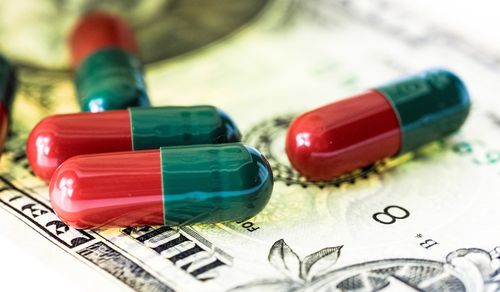When taking Chinese medicine, there are certain foods that need to be avoided to ensure the effectiveness of the medication and protect your health. First, spicy foods like chili peppers, garlic, ginger, and curry should be avoided as they may irritate the stomach and reduce the efficacy of the medication. Secondly, cold foods including ice cream, cold drinks, and cold meals should be reduced, especially for those with weak constitutions or cold ailments, such as white radish. Additionally, seafood should be avoided during the medication period as it can trigger allergies, is considered a ‘heaty’ food and cold in nature, which is not beneficial for the spleen and stomach. Fried foods, such as those found in fast food, are also not recommended as they are hard to digest and can cause internal heat.
The temperature at which Chinese medicine should be consumed should be moderate, usually warm. Special medications should be taken following the doctor’s instructions. Avoid consuming mung beans during medication as they may counteract the effects of the medication. Alcohol should be strictly avoided as it may interact with the medication, worsen the condition, or cause other health issues.
Choosing the right time to take Chinese medicine is crucial. In most cases, taking the medication half an hour to an hour after meals is ideal as it reduces irritation to the stomach lining. Consider the medicinal properties (hot, cold, warm, cool) and tastes (spicy, sweet, sour, bitter, salty) to avoid unnecessary burden on the digestive system, especially for those with weak spleen and stomach who should focus on a light diet and avoid hard-to-digest foods.
Depending on the type of illness and medication, the timing of medication intake varies. It is advisable to take medication before meals for liver, kidney, and gastrointestinal issues; after meals for dizziness and throat problems; on an empty stomach for laxatives, tonics, and deworming medications; and before bedtime for sedatives. Certain medications should not be taken with tea, raw or cold foods, acidic foods, or alcoholic beverages to prevent interference with their effectiveness.
As for the simultaneous use of Chinese and Western medicine, it depends on the specific medications and individual circumstances. For example, patients taking anticoagulants may need to adjust the dosage or avoid certain Chinese medications that promote blood circulation, but other types of Chinese medicine may be compatible with anticoagulants.
In conclusion, paying attention to dietary restrictions when taking Chinese medicine, properly scheduling medication intake, and considering the combined use of Chinese and Western medicine under medical supervision are crucial for ensuring treatment effectiveness and promoting recovery.


